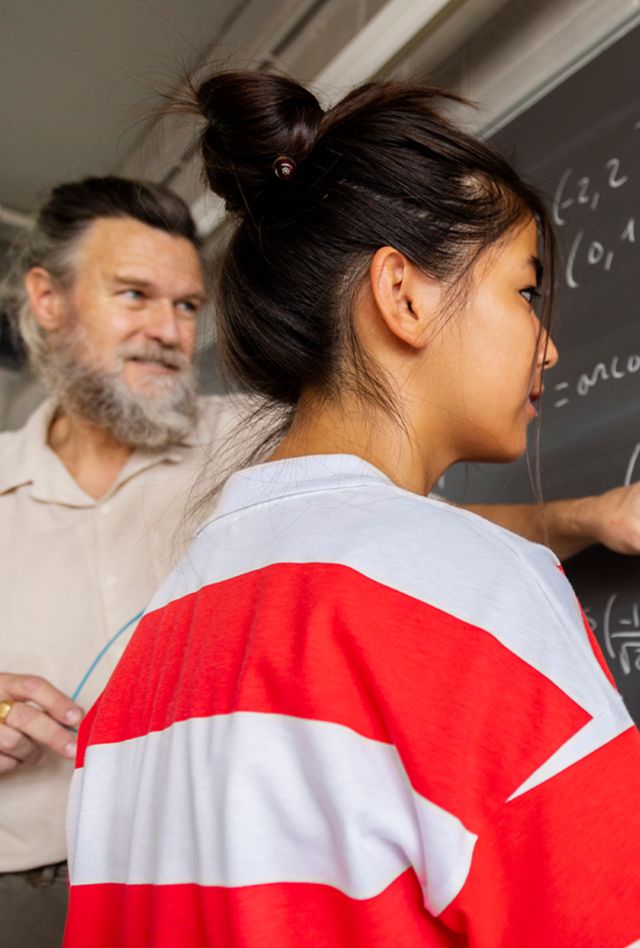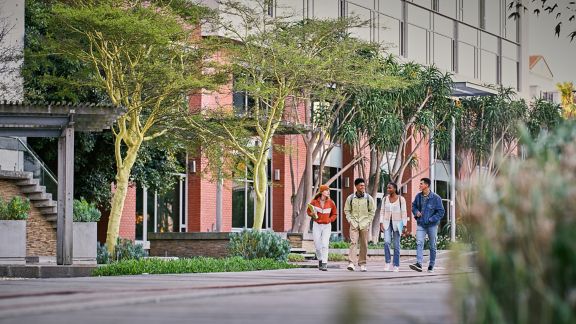STEM Learning Opportunities Before & After COVID-19 School Closures

Problem
COVID-19’s effect on high school students’ STEM learning is unclear.
STEM learning and subsequent careers are crucial for national security as they foster innovation, enhance technological capabilities, and ensure a skilled workforce capable of addressing complex security challenges. However, the COVID-19 pandemic forced schools to close their doors and abruptly shift to online instruction. What is yet unknown is how the pandemic shaped high school students’ science, technology, engineering, and math (STEM) course-taking trajectories. In particular, the National Science Foundation (NSF) wishes to measure the pandemic’s differential effects on students and identify potentially critical periods in students’ STEM trajectories and the types of interventions and supports that work best.
Solution
NORC is using combining education data from multiple states and districts.
NSF tasked us with exploring the pandemic’s effects on different kinds of students. To do this, we are obtaining data from states and districts that we will combine to get a large sample of high school students before, during, and after the school closings. We will analyze the STEM course-taking trajectories over this time period to determine the extent to which the closing affected the future of the STEM workforce.
Result
Our study will help education leaders develop demographic-specific STEM learning support.
Results from our study will help districts and state education departments understand potentially critical periods in students’ STEM trajectories, how to address any interruption in schooling, and what types of interventions and supports work best.
Related Tags
Project Leads
-
Jennifer Hamilton
Senior Vice PresidentPrincipal Investigator -
Neil Seftor
Associate DirectorCo-Principal Investigator -
Joy Zacharia
Senior Research DirectorProject Director -
Eric R. Brown
Research ScientistAnalysis Lead -
Brandon Sepulvado
Senior Research MethodologistChief Methodologist











